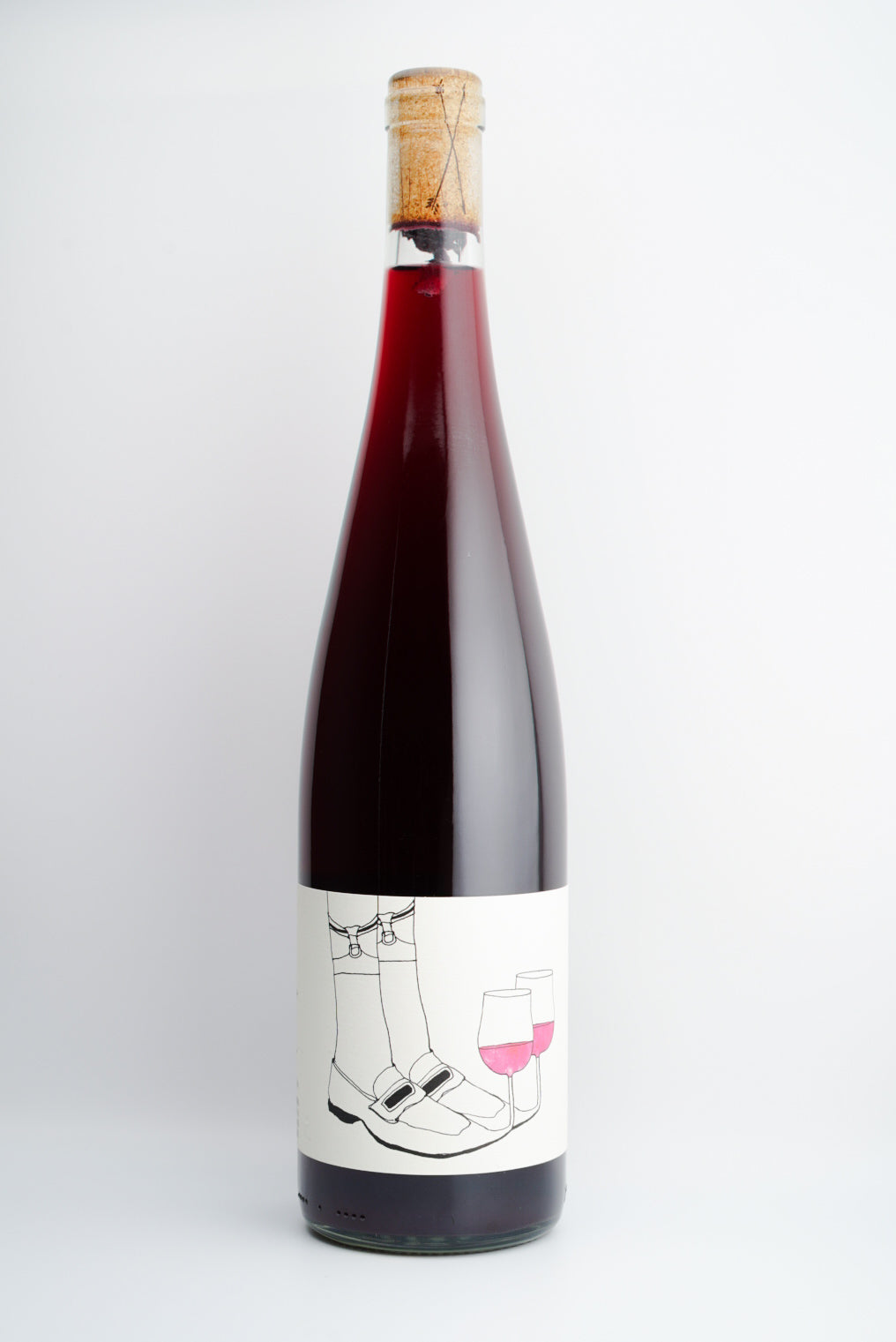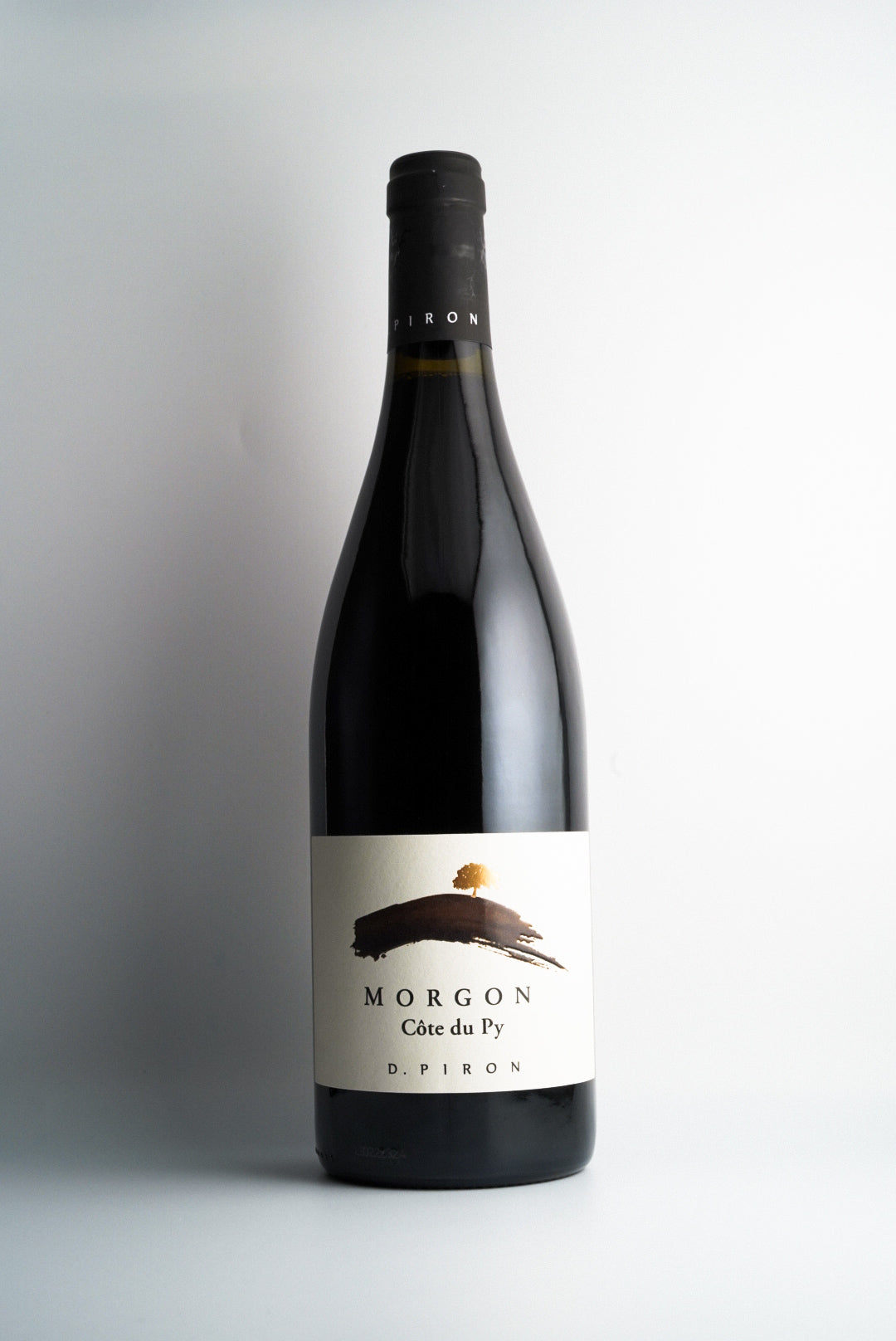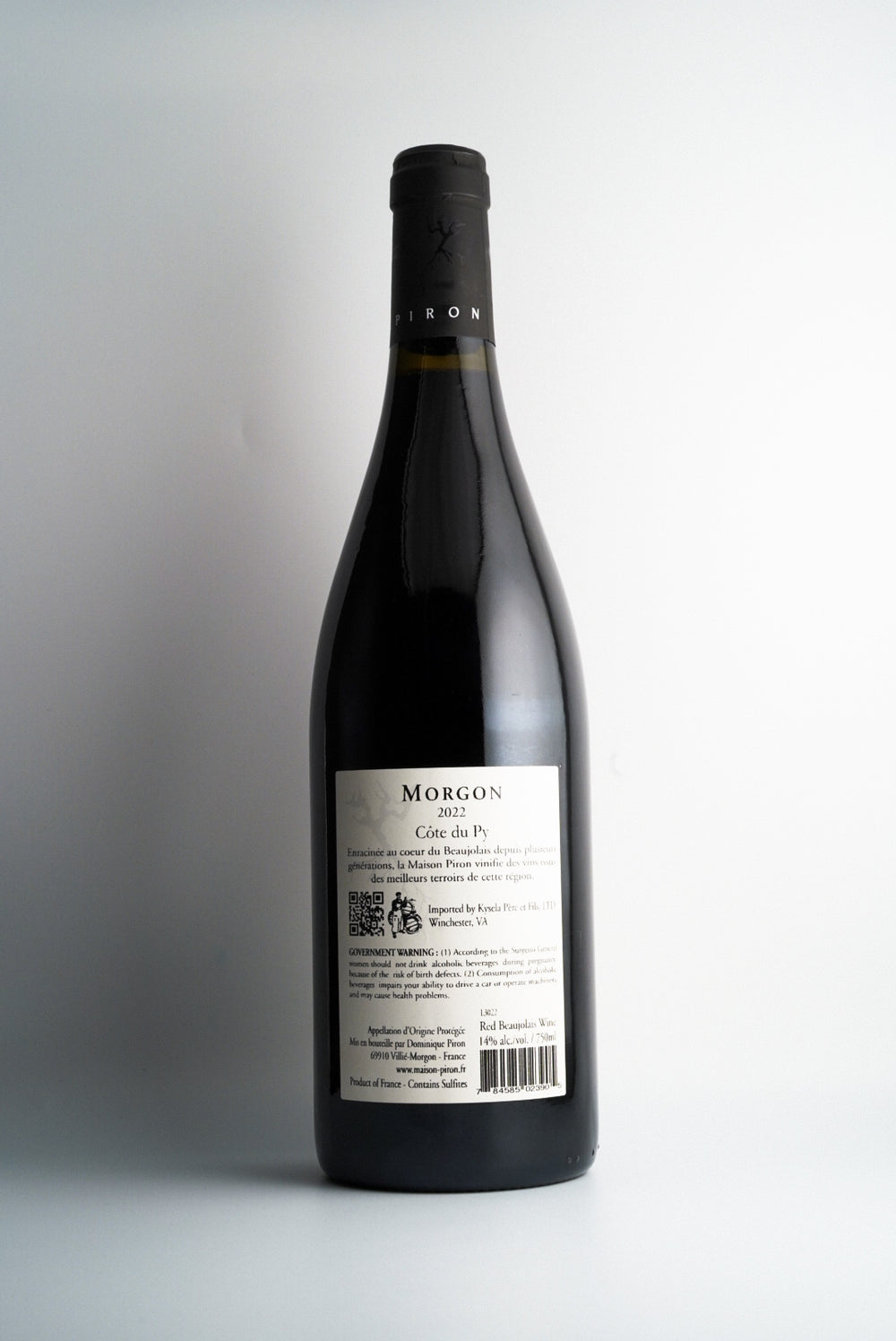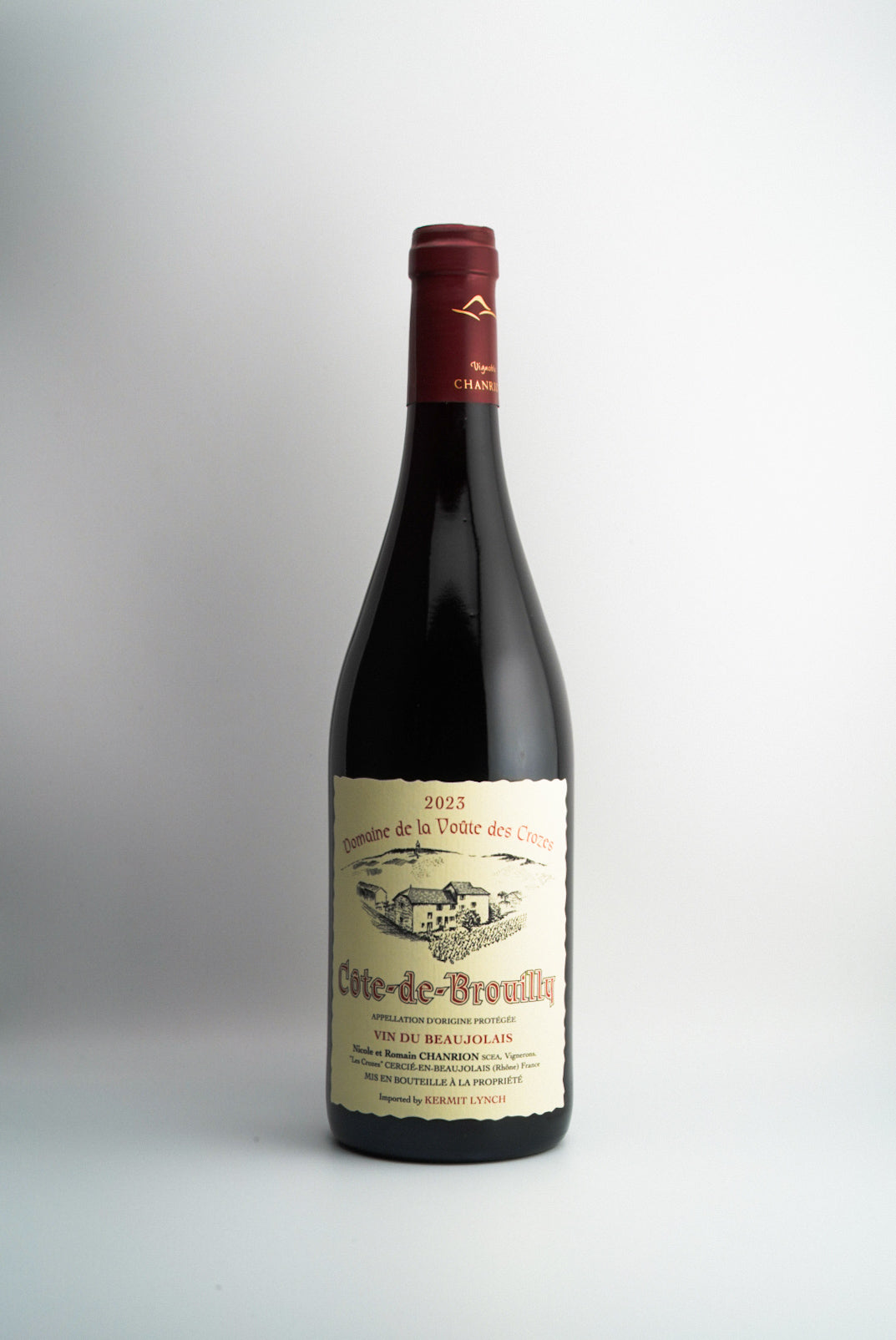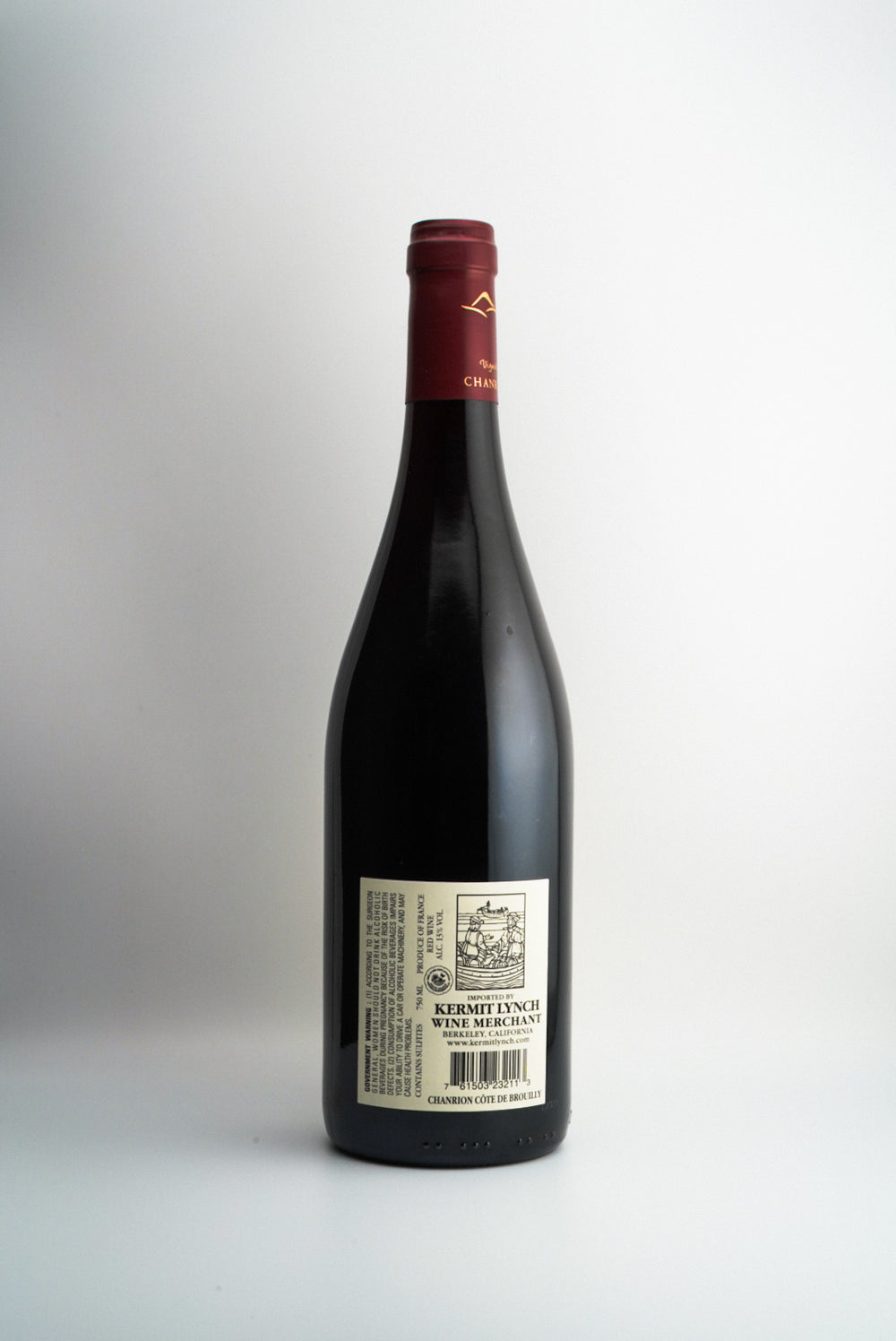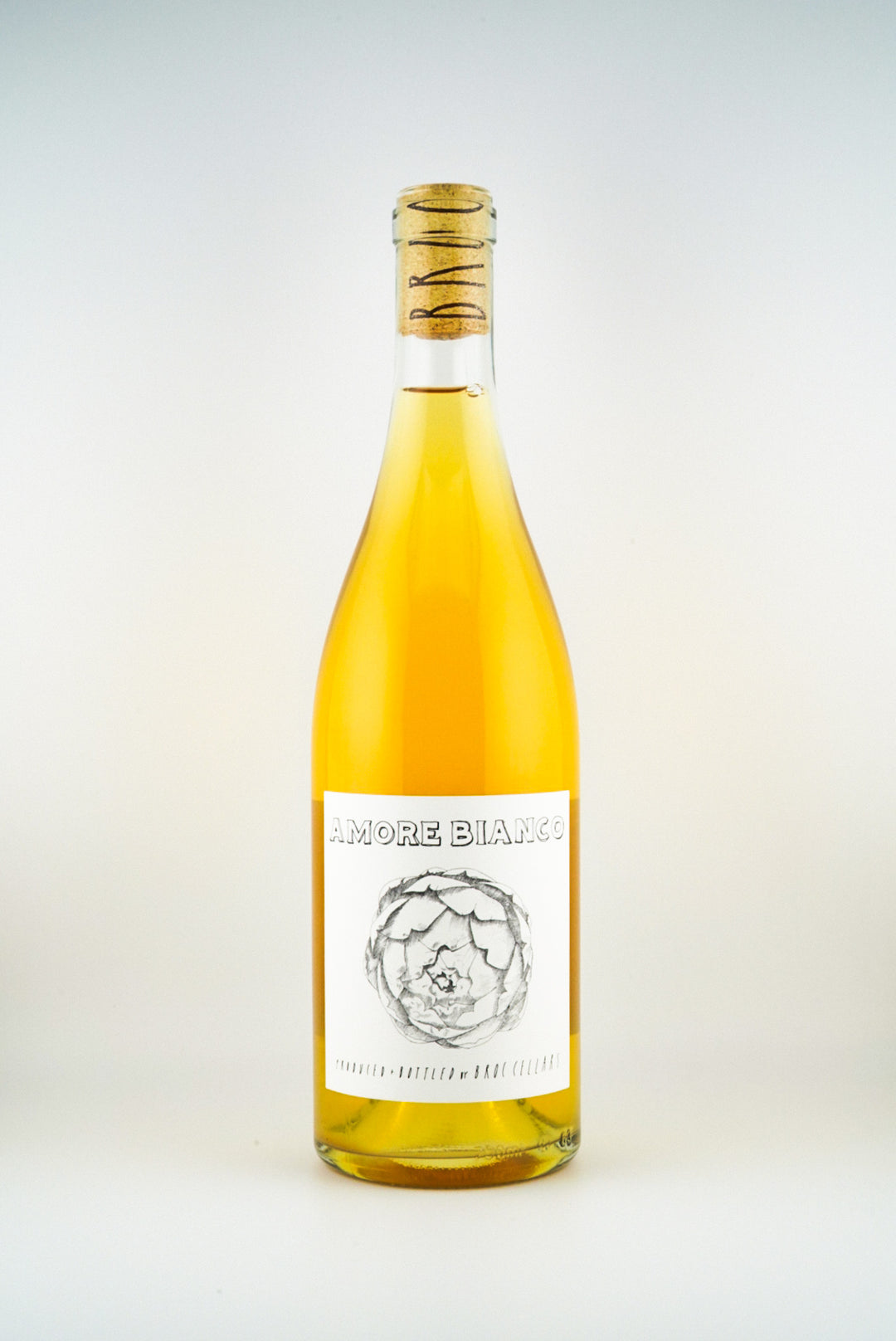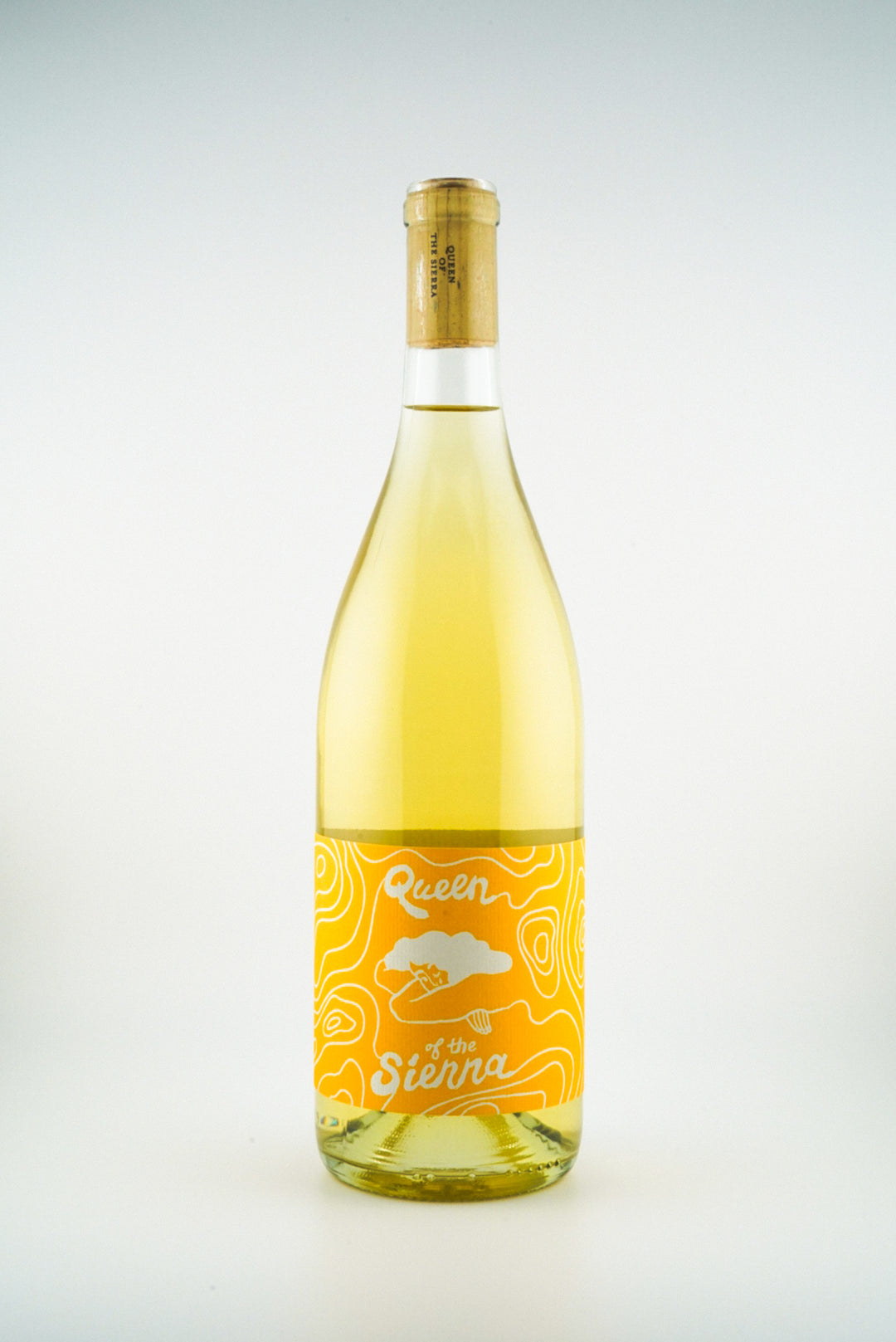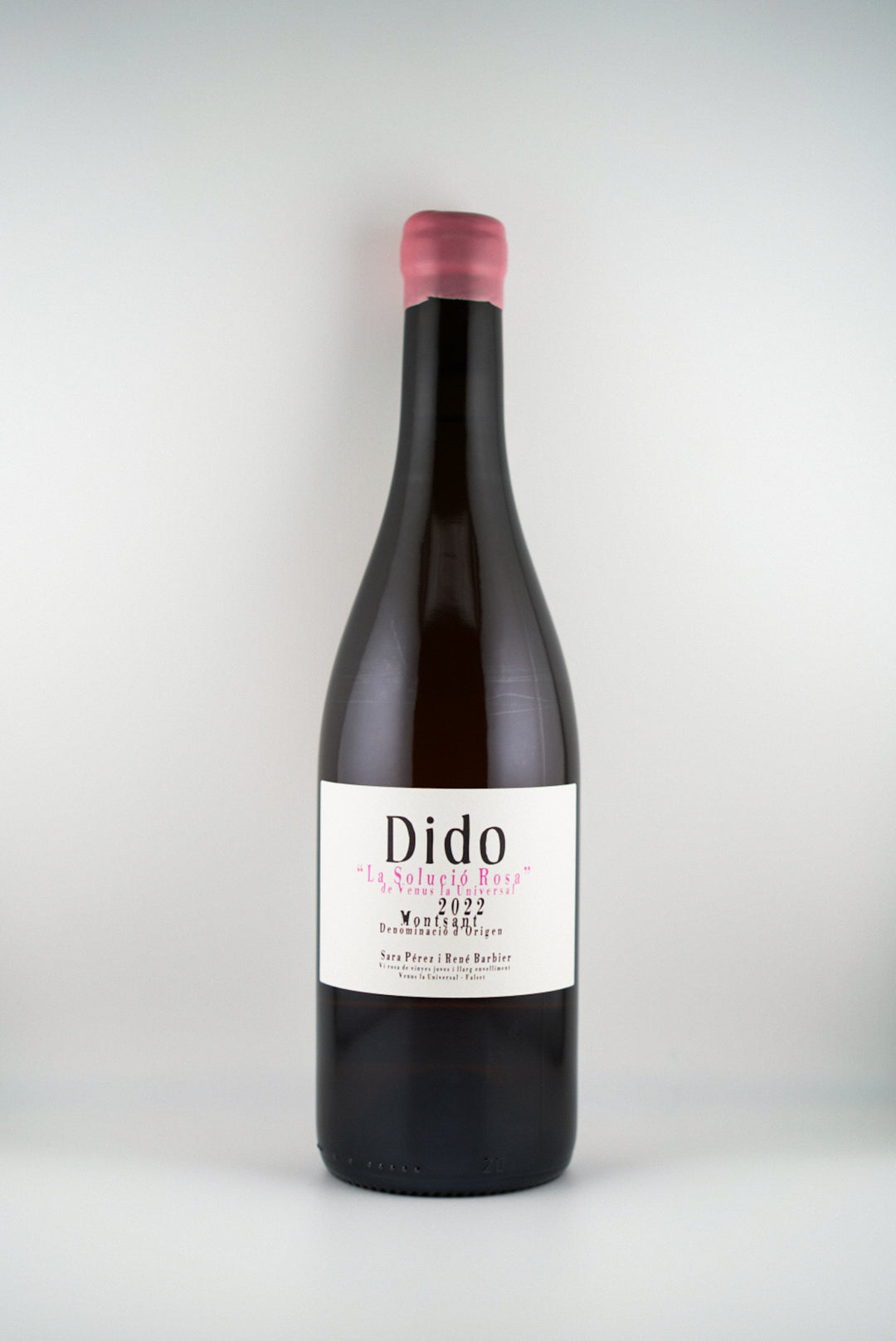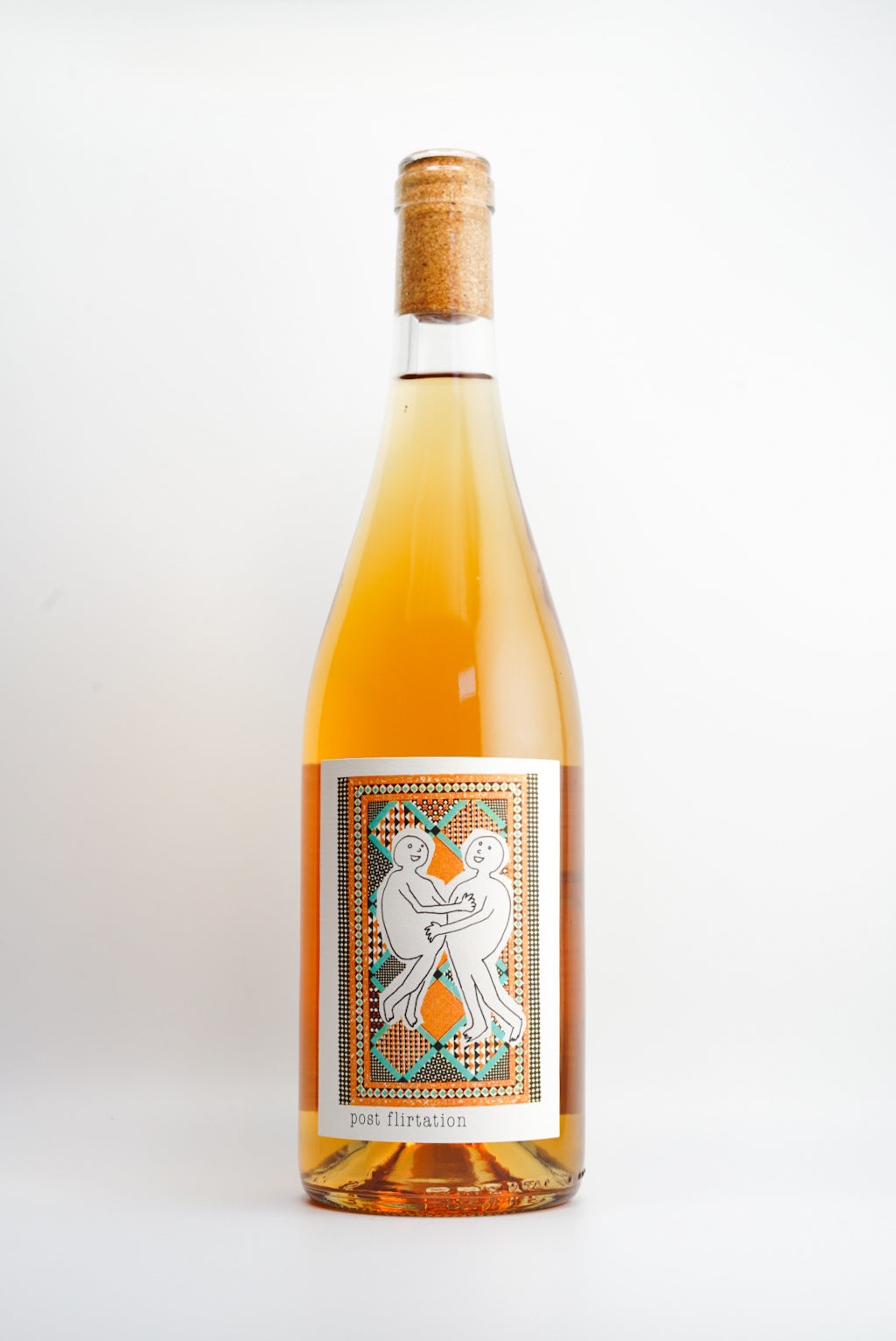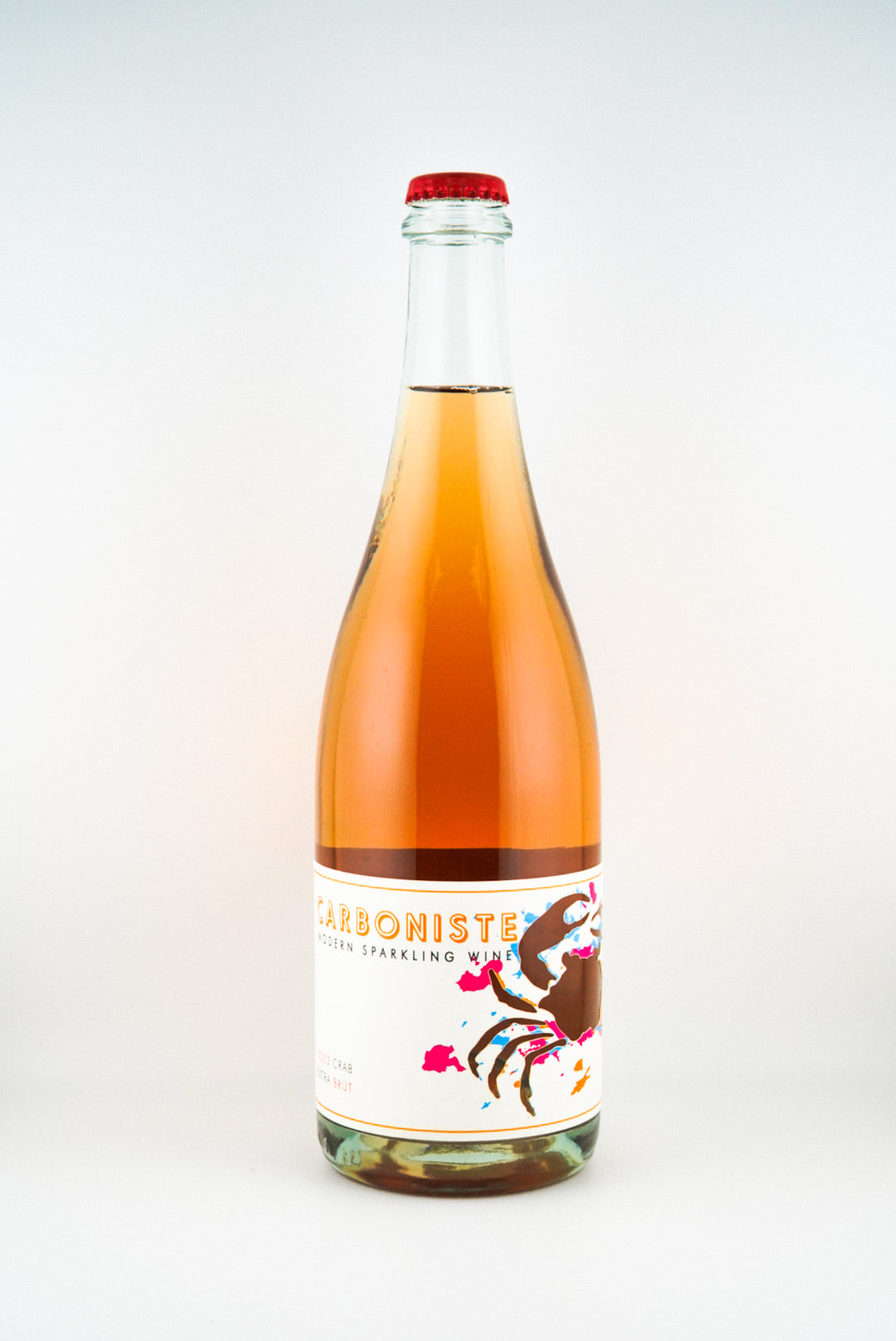Wine Isn't Cool—And That's Exactly Why It's Better.
Every few months, another think piece declares wine dead. "Gen Z has killed wine." "Hard seltzers are the new wine." "Why wine isn't cool anymore."
Here's what these headlines miss: wine was never trying to be cool. And thank god for that.
While brands frantically chase the next viral moment, wine quietly does what it's done for thousands of years—it makes dinner better, turns ordinary Tuesday nights into small celebrations, and connects us to something larger than ourselves. In our hyperconnected, trend-obsessed world, wine's refusal to play the coolness game isn't a weakness. It's its greatest strength.
The Exhausting Cycle of Cool
Think about the beverage trends you've lived through. Remember when everyone was obsessed with flavored vodkas? When craft beer was the only "sophisticated" choice? When hard kombucha was going to change everything?
Each trend follows the same pattern: explosive hype, social media saturation, cultural dominance, then... silence. The Instagram posts disappear. The shelf space shrinks. The next shiny thing captures our collective attention span.
I've watched this cycle repeat throughout my career in wine. High Noon explodes, then plateaus. Cutwater dominates summer, then fades. White Claw owns a cultural moment, then becomes just another option. These brands aren't built for longevity—they're built for buzz.
Wine Is Infrastructure, Not Entertainment
The difference between wine and trendy drinks is the same as the difference between your kitchen table and a pop-up restaurant. One is foundational, built to last, designed for daily use. The other is experiential, temporary, created for the novelty.
Wine doesn't need to be Instagrammable because it's not performing for social media—it's performing at your dinner table. It doesn't need flashy packaging because its job isn't to catch your eye in the store; it's to enhance your meal at home. It doesn't need a lifestyle brand because it already has a lifestyle: the one you're actually living.
This is why wine feels "uncool" compared to RTDs. It's not trying to sell you an aspirational version of yourself. A bottle of Chianti isn't promising you'll become more adventurous or sophisticated or attractive. It's just promising to taste good with your pasta.
The Hidden Benefits of Uncool
Wine's rejection of trendiness creates two massive advantages that most drinkers never consider:
Your investment compounds over time. Every wine you try teaches you something that makes the next wine better. Learning about Oregon Pinot Noir doesn't become obsolete next season—it deepens your appreciation for Burgundy, enhances your understanding of terroir, and helps you spot great values from unexpected regions. Compare that to learning the "optimal" way to drink a canned cocktail. That knowledge expires the moment the brand loses cultural relevance.
You develop actual taste instead of following taste. When you're not chasing trends, you're free to discover what you actually enjoy. Maybe you love earthy, mineral-driven wines that would never win a marketing award. Maybe you prefer food-friendly wines over show-stoppers. Maybe you find joy in $15 bottles that deliver honest pleasure without fancy stories. These preferences become your personal taste profile, built through experience rather than influenced by advertising.
The Marketing You Don't See
Walk through any liquor store and notice how different wine marketing is from everything else. RTDs sell lifestyle: beach vibes, adventure, rebellion, sophistication. Spirits sell personality: smooth, bold, crafted, premium. Beer sells community: friendship, celebration, belonging.
Wine mostly just tells you what's in the bottle.
Sure, some luxury wines lean into lifestyle branding, especially in Champagne and Provence. But they're outliers in an industry that generally lets the liquid speak for itself. When you buy wine, you're usually supporting actual farmers and winemakers, not marketing teams crafting fictional brand personalities.
This authenticity is rare in consumer culture. In a world where brands manufacture lifestyles to sell products, wine's straightforward approach feels almost revolutionary.
Finding Wine's Natural Habitat
The beauty of wine not being cool is that it doesn't have to compete in spaces where it doesn't belong. You don't need wine at the beach or the nightclub or the tailgate. Those spaces have their own perfect drinks.
But wine absolutely dominates where it matters: around tables, during conversations, throughout meals, in quiet moments that don't need to be shared or photographed or validated by anyone else.
This is wine's natural habitat, evolved over millennia. It's designed to be sipped while cooking, shared during meaningful conversations, opened for celebrations both large and small, and savored during the ordinary evenings that make up most of our lives.
The Pretension Problem (And Why It's Separate)
Let's be honest: wine culture can be insufferable. The gatekeeping, the overwrought tasting notes, the intimidating rituals that make newcomers feel unwelcome—all real problems that the industry needs to address.
But here's the crucial distinction: wine's cultural baggage is separate from wine itself. A bottle of Côtes du Rhône doesn't become less delicious because someone described it pretentiously. A Riesling doesn't lose its food-friendliness because the wine list felt intimidating.
The good news is that wine culture is slowly improving, with more emphasis on hospitality and accessibility. But even in its most stuffy corners, the pretension is about people, not the product. The wine in your glass doesn't care about the pompous language—it just wants to make your dinner better.
The Comfort of Constancy
In our trend-obsessed culture, wine's steadiness feels almost radical. The same grape varieties that made great wine a century ago still make great wine today. The same food pairings that worked for previous generations still work now. The same regions that built reputations over centuries continue to deliver quality.
This isn't stagnation—it's foundation. Wine continues evolving through new techniques, climate adaptation, and emerging regions. But these changes build on accumulated knowledge rather than starting from scratch every marketing cycle.
Why This Matters Now
Wine isn't losing relevance—it's gaining it. In a world of manufactured experiences and artificial connections, wine offers something increasingly rare: authenticity without performance, pleasure without pressure, tradition without pretension.
The headlines proclaiming wine's death miss the deeper truth. Wine isn't trying to compete with whatever drink is trending on TikTok this week. It's playing a completely different game, on a completely different timeline, for completely different stakes.
And for those of us who value substance over style, craft over marketing, and reliability over trendiness, wine's refusal to be cool is exactly what makes it perfect.


